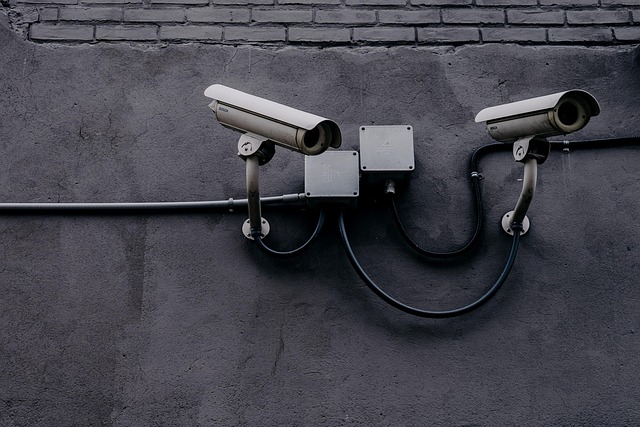Security Industry in France – Understanding Roles and Responsibilities
Learn more about Security Job Opportunities in France, where the security field focuses on observation, coordination and responsibility across various locations. Roles may involve monitoring, access control or presence in commercial or public areas. English skills can sometimes be relevant in international contexts, where expectations regarding working conditions may differ.

The security sector in France represents a significant portion of the country’s service industry, employing thousands of professionals across various specializations. From corporate environments to public events, security personnel play crucial roles in maintaining safety and order while adapting to evolving technological and regulatory requirements.
Security Sector Overview in France
France’s security industry operates under strict regulatory frameworks established by the Conseil National des Activités Privées de Sécurité (CNAPS). This governing body oversees licensing, training standards, and professional conduct across the sector. The industry includes private security companies, in-house corporate security teams, and specialized service providers catering to diverse client needs.
The sector has experienced steady growth, driven by increased security awareness, regulatory compliance requirements, and technological advancements. Companies ranging from small local firms to large multinational corporations contribute to this dynamic marketplace.
Core Monitoring Tasks and Responsibilities
Security professionals in France handle various monitoring responsibilities depending on their specific roles. Surveillance operators work with CCTV systems, analyzing footage and identifying potential security threats. Mobile patrol officers conduct regular rounds of assigned premises, documenting observations and responding to incidents.
Alarm response teams investigate security breaches, coordinate with emergency services when necessary, and compile detailed incident reports. These monitoring tasks require attention to detail, strong observational skills, and the ability to remain alert during extended periods.
Access Control Systems and Procedures
Access control represents a fundamental aspect of security operations across France. Security personnel manage entry points, verify identification credentials, and maintain visitor logs. Modern access control systems integrate biometric scanners, key card readers, and digital monitoring platforms.
Security officers must understand various access control technologies while maintaining strict adherence to client protocols. This includes managing temporary access permissions, handling emergency evacuation procedures, and coordinating with facility management teams.
English Language Skills in Security Roles
English language proficiency offers significant advantages in France’s security sector, particularly in international business districts, tourist areas, and multinational corporations. Security personnel with English skills can communicate effectively with diverse clientele, understand international security protocols, and access global training resources.
Many premium security positions in Paris, Lyon, and other major cities specifically seek bilingual candidates. English proficiency enables security professionals to work with international teams, interpret foreign documentation, and provide services to English-speaking visitors or executives.
Training Requirements and Professional Development
French security professionals must complete mandatory training programs and obtain proper certifications through CNAPS-approved institutions. Initial training covers legal frameworks, emergency procedures, conflict resolution, and technical equipment operation.
Continuous professional development remains essential as security technologies evolve and new regulations emerge. Specialized certifications in areas such as cybersecurity, event security, or executive protection can enhance career prospects and earning potential.
| Role Type | Typical Responsibilities | Required Qualifications | Estimated Monthly Salary (EUR) |
|---|---|---|---|
| Security Guard | Patrol, access control, incident response | Basic security certification | 1,500 - 2,200 |
| Surveillance Operator | CCTV monitoring, alarm management | Technical training, security license | 1,800 - 2,800 |
| Security Supervisor | Team management, client liaison | Leadership experience, advanced certification | 2,500 - 3,500 |
| Executive Protection | Personal security, threat assessment | Specialized training, background check | 3,000 - 5,000 |
Prices, rates, or cost estimates mentioned in this article are based on the latest available information but may change over time. Independent research is advised before making financial decisions.
Career Advancement Opportunities
The French security industry offers various career progression pathways for dedicated professionals. Entry-level positions provide foundational experience, while specialized roles in corporate security, event management, or consulting offer higher responsibilities and compensation.
Experienced security professionals can advance to supervisory positions, establish their own security firms, or transition into related fields such as risk management or security consulting. Networking within professional associations and maintaining current certifications supports long-term career development.
France’s security sector continues evolving with technological innovations, changing threat landscapes, and regulatory updates. Professionals who adapt to these changes while maintaining high service standards find numerous opportunities for growth and specialization within this essential industry.




